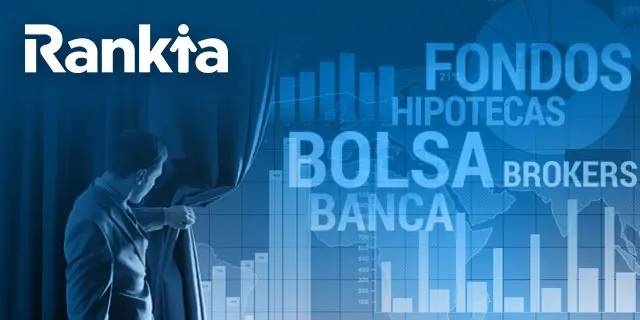En mi cartera, llevo tres "mediocres": COP, CHK y VLO. Estas no tienen problema...
El problema es Boliden. Al ser extranjera no le afecta el cambio de fiscalidad (salvo para accionistas españoles, que seremos pocos); pero lleva una subida en un año de un 174%!! Las plusvalías son abultadísimas, y la tentación de atrasar el pago de impuestos va a estar ahí...
En esta acción, yo entré en Mayo, en el peor momento: a 175. Semanas después, compré otros dos paquetes, a 128 y a 104... y hoy están en 176!!
Tanto promediar a la baja me ha supuesto que voy excesivamente cargado de Bolidenes, desde hace meses, y estaba esperando el momento propicio para aligerarme. Y ese momento ha llegado: Tanto por el tema de la fiscalidad, que puede hacer aparecer ventas en enero, como porque se enfrenta a máximos históricos, que es un nivel de resistencia... Así que van la mitad fuera, que además para hacienda son las más antiguas y más caras (y por tanto, sin plusvalías).
Respecto a qué hacer cada uno con su cartera, pues salvo que alguien se encuentre en una situación similar a la mía, yo no liquidaría nada este año. Al fin y al cabo, el día 2 de enero entran en bolsa las aportaciones que se hagan a fondos de inversión y planes de pensiones el 29-dic, que no será poco, y eso compensa el tema fiscal... de hecho, típicamente el primer día es un día alcista, aunque puede que este año no lo sea tanto en bolsa española.
Veremos...

